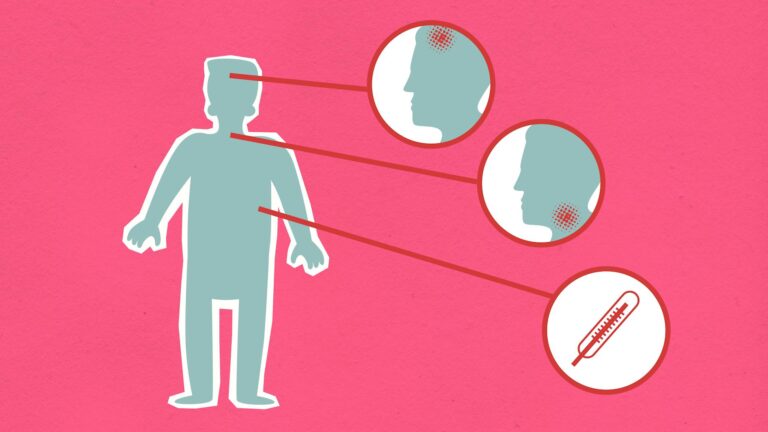Excessive daytime sleepiness is a common challenge for people living with dementia. It can make daily life harder, affecting their ability to stay engaged and interact with others. Managing this sleepiness involves understanding why it happens and using simple strategies to help maintain alertness during the day while supporting better rest at night.
Dementia changes the brain in ways that disrupt normal sleep patterns. The body’s internal clock, which tells us when to be awake or asleep, often gets confused. This can lead to feeling very sleepy during the day and restless or awake at night. Fatigue from daily activities also adds up, making naps longer or more frequent than usual.
One effective way to manage daytime sleepiness is by encouraging gentle activity throughout the day. Short walks, listening to familiar music, or calm conversations can help keep someone engaged without overwhelming them. These activities provide mental stimulation that may reduce long naps and promote a healthier rhythm between wakefulness and rest.
Limiting long naps is important because too much daytime sleeping can throw off nighttime sleep even more. If naps are needed, keeping them brief—around 20-30 minutes—and scheduling them earlier in the afternoon helps prevent interfering with evening rest.
Creating a calm environment supports better overall sleep habits as well. Bright lights during the day encourage alertness while dimming lights in the evening signals it’s time to wind down. Reducing noise and avoiding overstimulation like loud TV shows or busy surroundings also helps ease anxiety that might worsen confusion or agitation later on.
Consistency matters greatly for people with dementia; having a predictable routine each day gives clear cues about when it’s time for activity versus rest. A regular schedule of meals, light exercise, social interaction, and quiet time builds structure that supports natural rhythms as much as possible.
As dementia progresses though, these strategies may become less effective because brain changes deepen fatigue levels naturally leading to longer periods of daytime sleeping. At this stage focusing on comfort becomes key—making sure any waking moments are pleasant without pushing too hard against tiredness.
Caregivers should watch for other factors contributing to excessive sleepiness such as pain, hunger, needing bathroom breaks, or medication side effects—all of which can increase fatigue if not addressed properly.
In some cases where excessive daytime drowsiness severely impacts quality of life or safety (for example causing falls), healthcare providers might explore medical treatments designed specifically for improving wakefulness in neurological conditions—but these require careful evaluation by professionals experienced in dementia care.
Managing excessive daytime sleepiness in dementia means balancing activity with rest thoughtfully while creating an environment that feels safe and soothing throughout the day into evening hours—helping those affected live their days with greater comfort and connection wherever possible without forcing unrealistic expectations on their energy levels.





